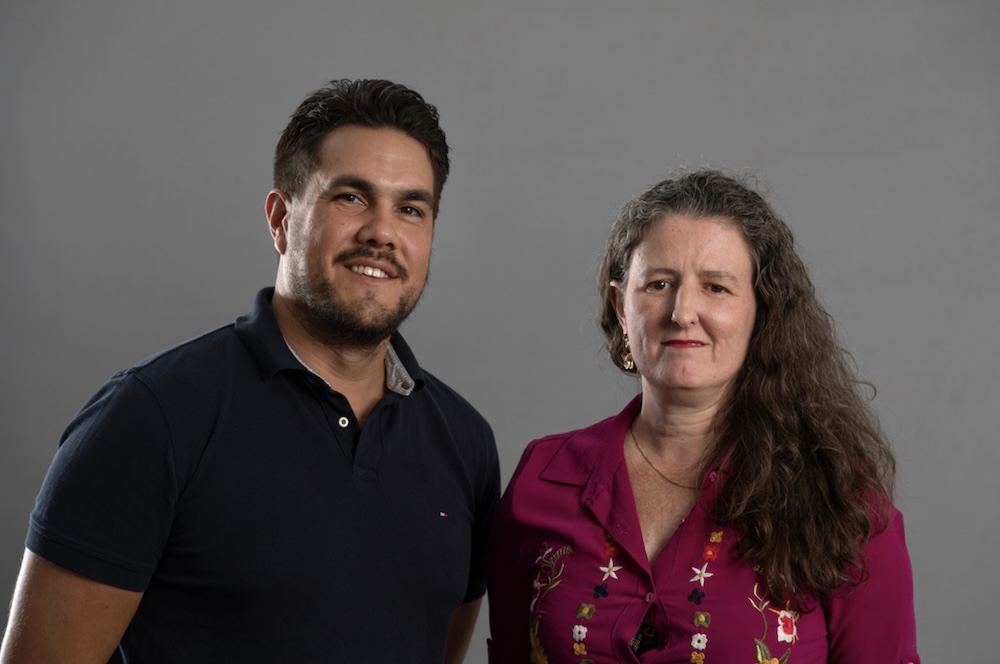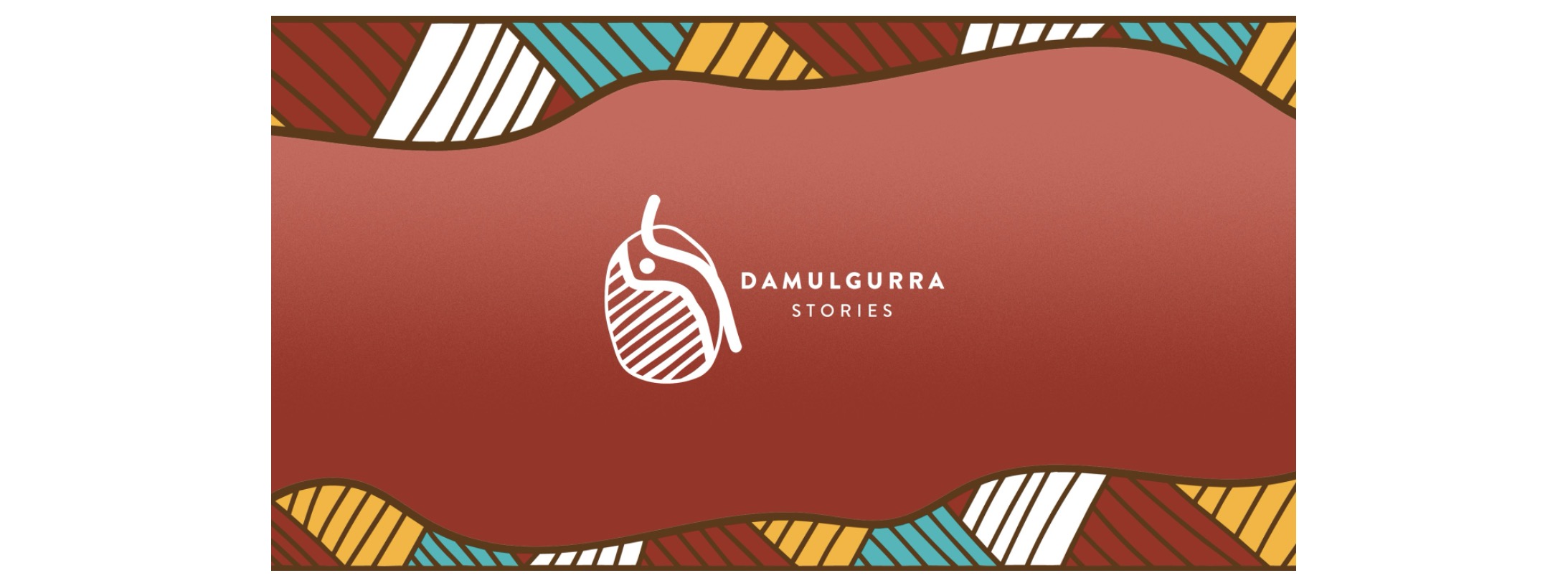Campaign Brief Q&A with Cian Mungatj McCue and Sarah Price: “We hope that Damulgurra Stories can create a space for communities to speak up and go at their own pace to tell their stories”

Cian Mungatj McCue, a Larrakia creative leader and founder of Moogie Down Productions, and award-winning casting director Sarah Price of Castaway NT recently announced the launch of Damulgurra Stories, a First Nations-led initiative designed to bring cultural integrity, care and long-term collaboration to the screen industry. Offering tailored resources, training and hands-on guidance, the venture supports productions across film, television, advertising and branded content to work respectfully with First Nations creatives, on screen, behind the scenes, and long after filming wraps. In this Q&A with Campaign Brief, McCue and Price share the gaps that inspired the venture and how it aims to create real change, both on and off screen.
You’ve both spoken about the gaps in cultural safety and engagement on productions. Can you share some of the real-world experiences that highlighted just how urgently a model like Damulgurra Stories was needed?
It’s a broad spectrum. A lot of it is systemic and comes from the industry not being “designed“ to support First Nations creatives and crew to both enter the industry and then once in, craft fulfilling and meaningful careers.
We’ve experienced crewing issues in which people have had no previous interactions with Countrymen and no knowledge of Cultural protocols to be aware of – this in of itself can be worked around. In most cases people are happy to be told what they need to take into consideration to conduct themselves appropriately, but have seen instances of crew being disrespectful and completely uncaring of their missteps – which in once case I’ve seen almost lead to the crew being run out of the community.
What do you see as the biggest cultural challenges facing productions today when it comes to working respectfully with First Nations communities?
The biggest cultural challenges I see today all come down to time and budget. Productions aren’t invested in setting aside enough time and money to do things the right way. This leads to people rushing things through and First Nations communities getting caught up in the fast pace of a production’s deadlines.
There’s also the challenge of productions not creating from the get go, systems and processes that support First Nations cast and crew, throughout the whole process from concept to production, post, and marketing. If it’s there it’s usually an “add on” rather than being embedded in how producers /production companies work.
In what ways do you hope Damulgurra Stories will create longer-term change in the screen and creative industries?
We hope that Damulgurra Stories can create a space for communities to speak up and go at their own pace to tell their stories. We also hope it can help create ongoing opportunities for communities, whether it be to offer employment or acting pathways – or even a platform to continue sharing stories with an audience after a production wraps up.
Also, as well as creating space and opportunity for communities and talent it’s helping producers and content makers across both genres and platforms to not only tell stories with integrity, clarity and authenticity, but to elevate their message and resonate with audiences on a much deeper level. In short, it will make content better.

How important was it for you to create a model that is not just a consultancy, but one that actively embeds cultural knowledge through lived experience?
A catered approach to each production moves away from a “one size fits all model” – the cultural knowledge is embedded by the local people and the First Nations cast and crew – which ultimately will help get the best out of our storytellers and the production. It goes beyond just consultation because it’s a more immersive way to bring those voices to the screen.
It’s the only way to work, really. Every production, every team, every community, every story is different, so a systemic approach allows for not only greater flexibility but greater authenticity. And it won’t slow down a project – it steadies it.
In your experience, do brands and agencies often approach cultural engagement as an afterthought? How will Damulgurra Stories help reshape this mindset and embed cultural integrity earlier in the creative process?
Definitely – in marketing often the brand or agency may want to get an “Indigenous” version of their brand sorted out and leave it up to the First Nations creatives to fit within their ideals. This leaves the story being short of genuine. Put the vote to the people and start conversations early. Communities are full of creatives who can help shape a brand or identity as opposed to creating something to fit the mould.
What are some simple first steps that brands, agencies or production companies can take today to work more respectfully and collaboratively with First Nations creatives and communities?
Reach out to people – open the dialogue – and be led by the community. Too often brands, agencies and production companies are looking to tell their story through the communities’ eyes. It needs to be the other way around. Be open to having things change to suit what is more appropriate. And of course, reaching out to us, to Damulgurra Stories is a really great place to start. We’re ready to work and to walk with them.
McCue is appearing at Screen Forever’s ‘Cultural Safety for International Co-Productions‘ panel today Wednesday, 7 May. Here, he’ll share how Damulgurra Stories will support cultural safety on projects involving collaboration between First Nations and non–First Nations producers, creatives and crew.
To work with Damulgurra Stories, head to www.damulgurrastories.com.au
